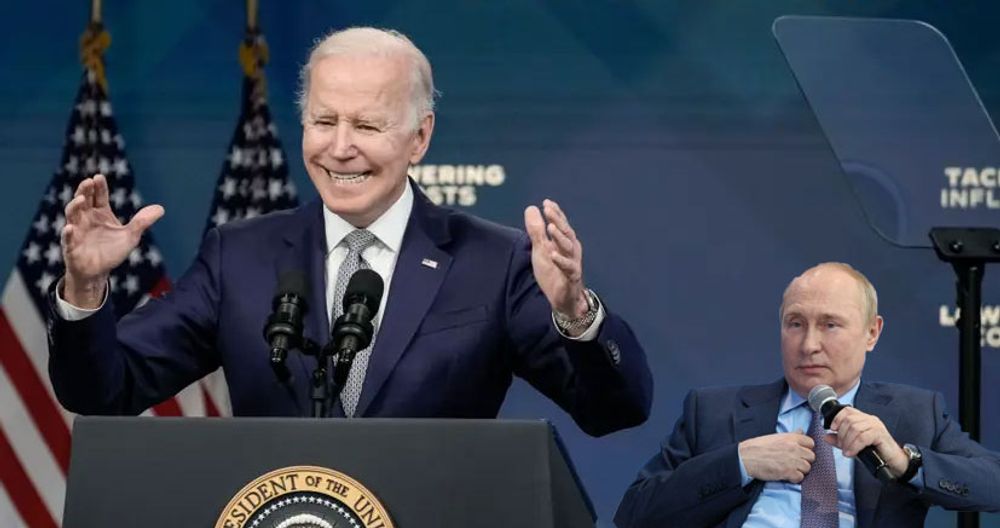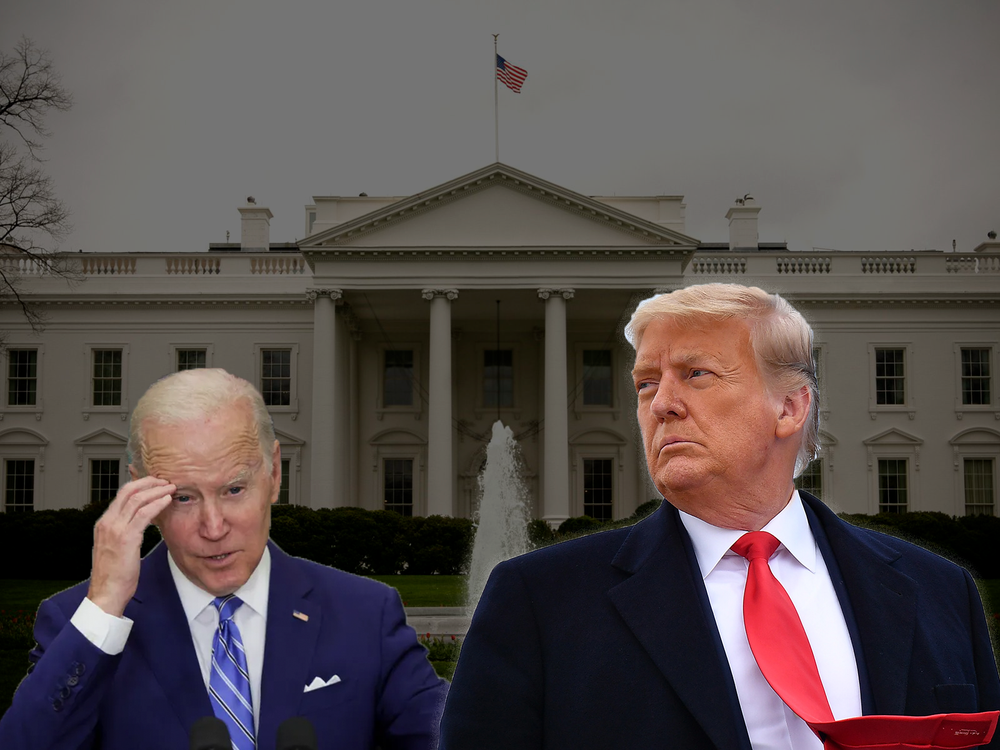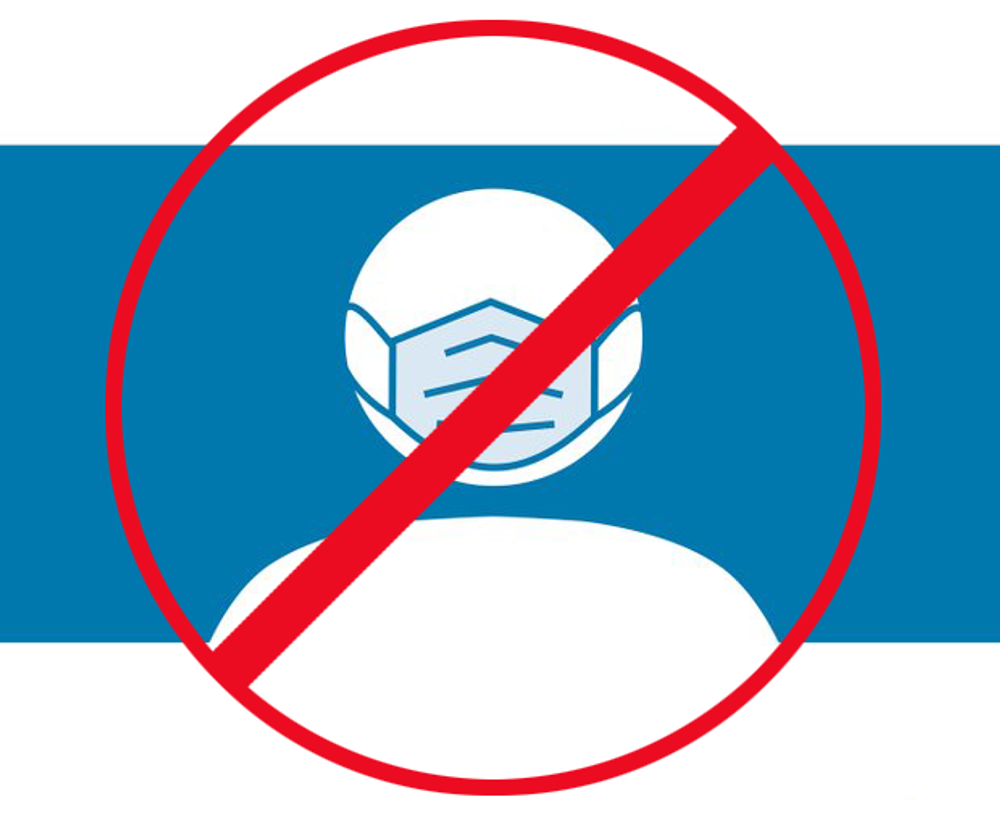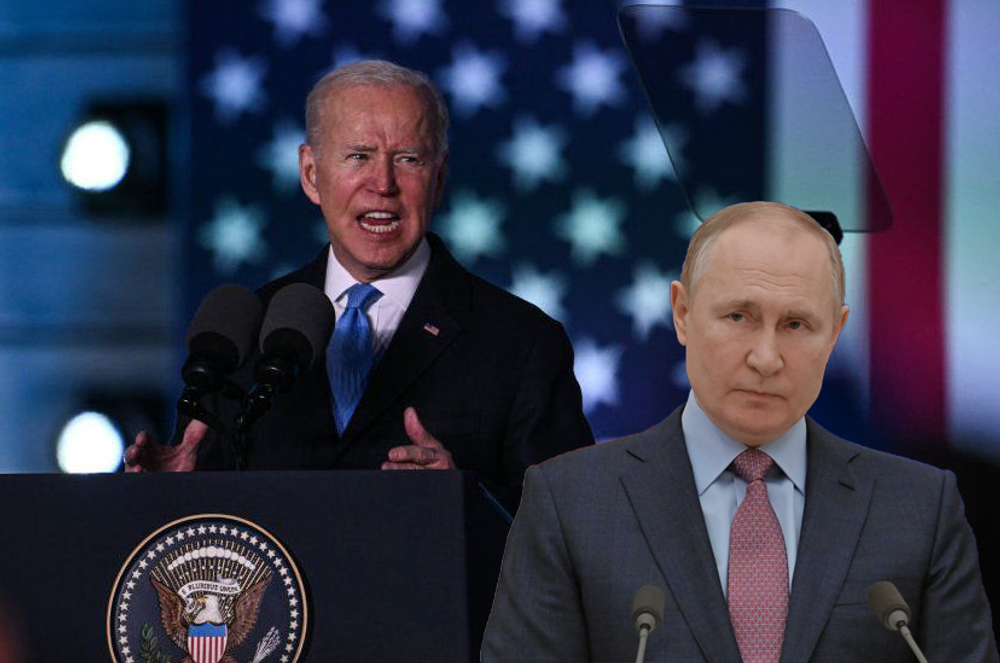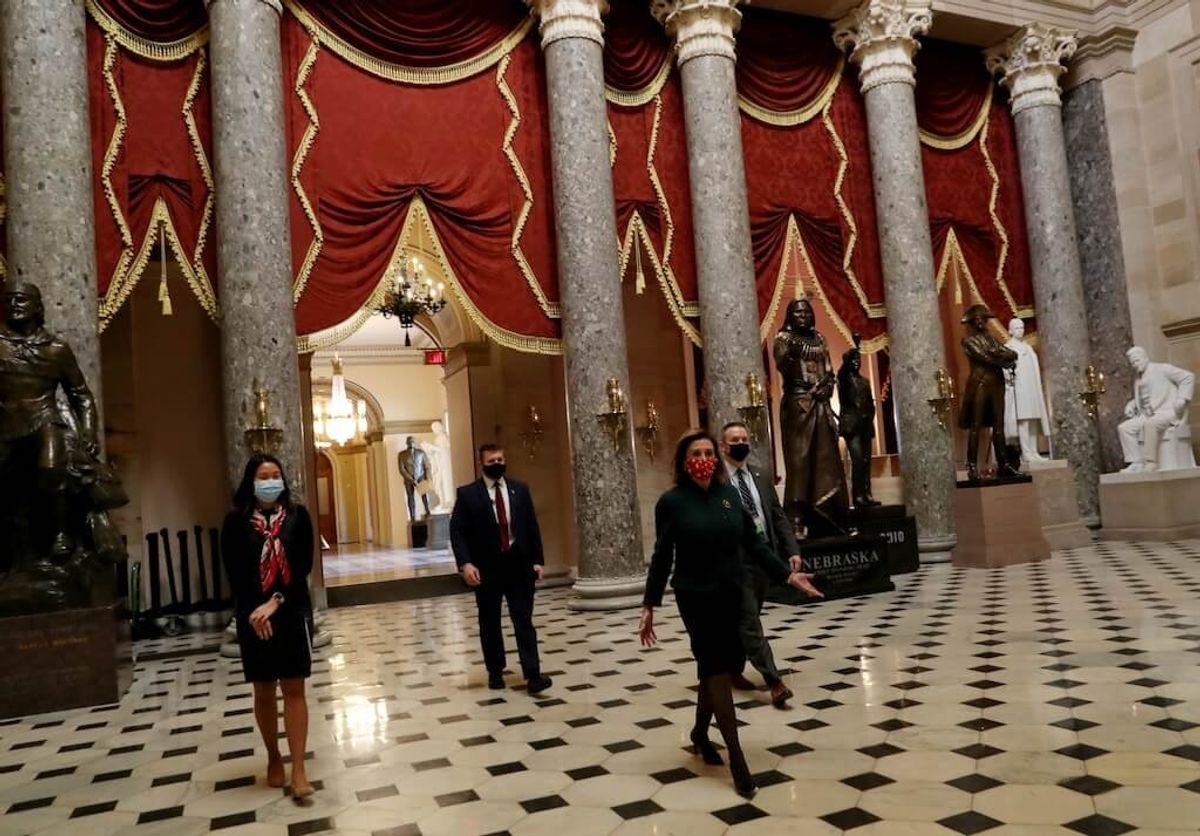
Democrats Push for Senate Vote on Higher Pandemic Relief
Democrats plan to push Tuesday for the U.S. Senate to pass higher pandemic relief payments to Americans, meeting President Donald Trump’s demand for $2,000 COVID-19 relief checks that has already been approved by the House of Representatives.
With Democrats in the minority in the Senate, and Senate Majority Leader Mitch McConnell giving no public indication of bringing the measure for a vote, prominent Democratic figures said they intended to take several possible paths toward forcing action.
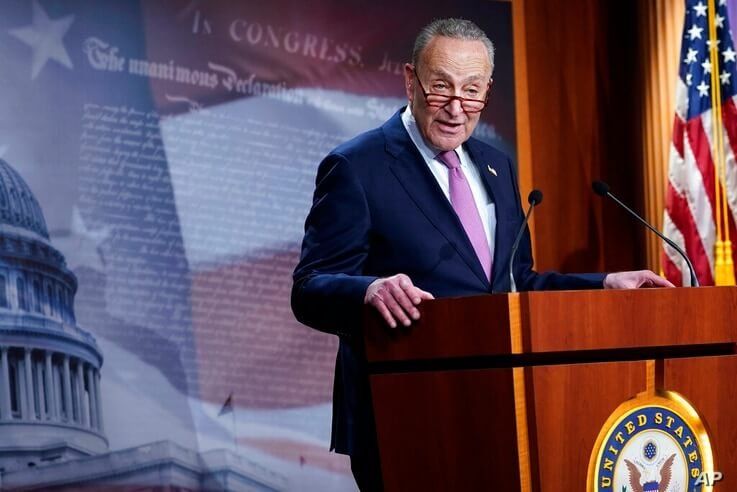
Senate Minority Leader Chuck Schumer planned to use a procedural move that can be halted if any senator objects.
“There’s strong support for these $2,000 emergency checks from every corner of the country,” Schumer said in a statement. “Leader McConnell ought to make sure Senate Republicans do not stand in the way of helping to meet the needs of American workers and families who are crying out for help.”
Republicans have largely resisted the additional spending. Congressman Kevin Brady said the bill would not help the nation’s unemployed get back to work.
“I worry that as we spend another half a trillion dollars so hastily, that we are not targeting this help to the Americans who are struggling the most and need that help,” Brady said.

Senator Bernie Sanders, an independent who caucuses with the Democrats, threatened Monday to block action on another pressing issue, overriding Trump’s veto of key defense legislation, until the Senate votes on the higher relief payments.
“Let me be clear: If Senator McConnell doesn’t agree to an up or down vote to provide the working people of our country a $2,000 direct payment, Congress will not be going home for New Year’s Eve,” Sanders said in a statement.
Trump shared a tweet late Monday that cited the Sanders plan, and without commenting on it specifically he reiterated his support for the increased payments.
“Give the people $2000, not $600,” Trump wrote. “They have suffered enough!”
The Democrat-led House passed the additional pandemic relief payments by a vote of 275-134 on Monday. Congress had previously passed $600 payments for struggling Americans as part of a $2.3 trillion pandemic aid and spending package that came after weeks of negotiations between Republican and Democratic leaders.
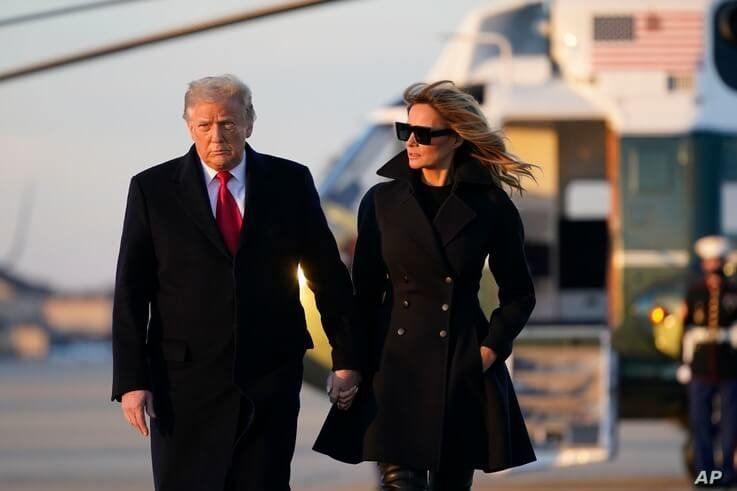
Trump sharply criticized the legislation, threatening to block its passage if Congress did not increase the stimulus payments to $2,000 and cut other spending. But on Sunday, as a government shutdown loomed, he signed the bill.
The House also passed a measure Monday that would override Trump’s veto of a $740 billion bill funding the country’s defense programs, securing the two-thirds vote necessary to override a presidential veto. The defense spending bill also gives raises to members of the military and sets Pentagon policy on issues such as troop levels, weapons systems and personnel matters.
The Senate could vote on the measure as early as Tuesday and is also expected to override Trump’s veto.
Trump has criticized the defense bill on several fronts, arguing without explanation that the bill benefits China. He has demanded the removal of language that allows the renaming of military bases that honor leaders of the Confederacy, which seceded from the United States in the 1860s, before collapsing at the end of the U.S. Civil War a few years later.
He has also demanded the repeal of a provision that protects social media companies from liability over content their users post.
Tags
America's Voice Newsvoa newsvoa news 2020real america's voicesenate agrees to increase covid relief to 2000voa news 12-29-20 Trump Urges Senate to Uphold Defense Funding VetoNext PostAtlanta’s Increasingly Diverse Suburbs Could Decide US Senate Control
Trump Urges Senate to Uphold Defense Funding VetoNext PostAtlanta’s Increasingly Diverse Suburbs Could Decide US Senate Control

